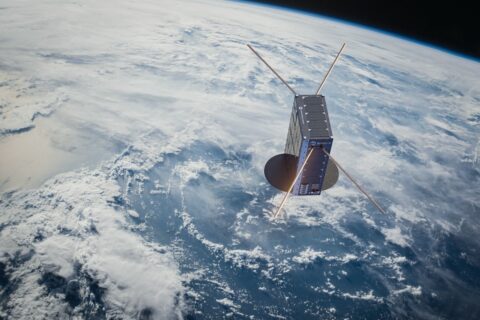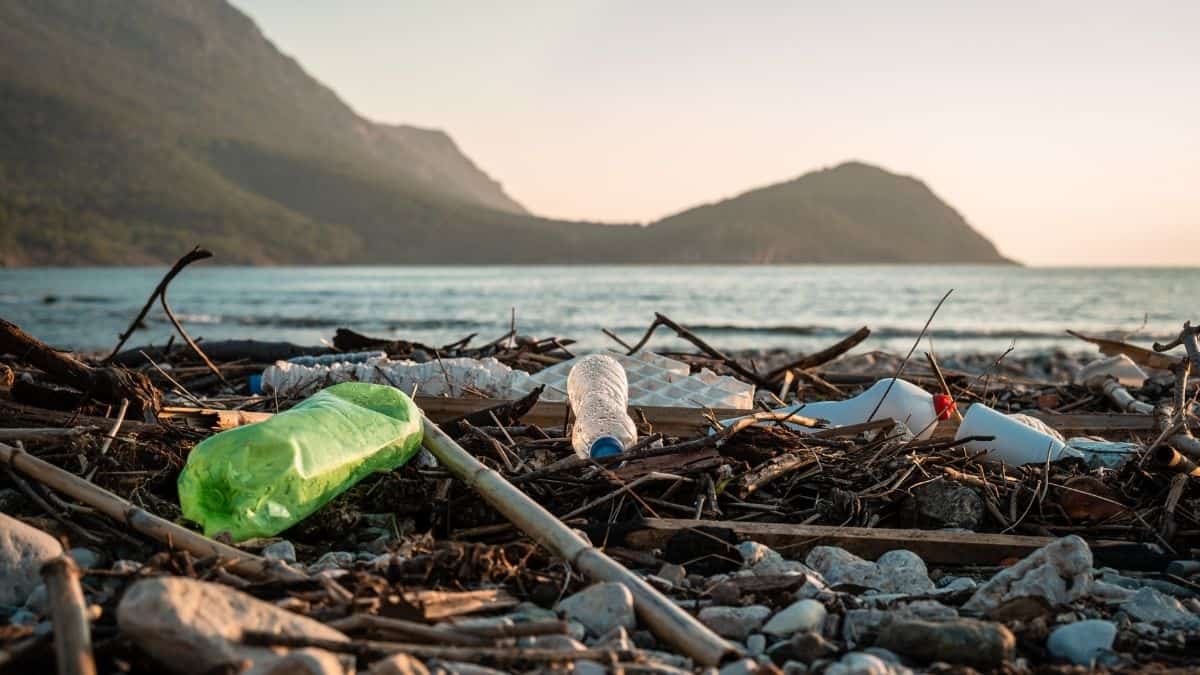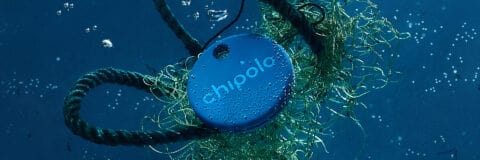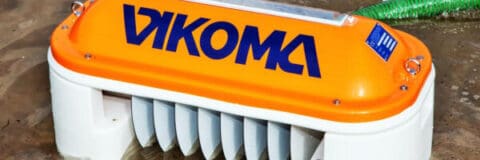
Award-winning activities that make a difference in ocean and marine conservation come in many forms — from a Polynesian school petitioning to save bonefish, via data on endangered species, to campaigning in Canada to ban export of shark fins.
In recognition of such sterling work and returning for the fifth year, BOAT International and Blue Marine Foundation have announced the winners of the Ocean Awards 2020, in association with Fishmongers’ Hall. The awards honour and celebrate people and organisations who work tirelessly to help address the largest solvable problem on the planet — the crisis in our oceans.
This year’s winners are those taking strides to improve the health of the marine environment, with sustainable management of resources and public-engagement efforts surrounding the oceans.
Their contributions are critical to the future sustainability of marine life and environments, says Sacha Bonsor, co-chair of the Ocean Awards and editorial director of BOAT International:
“The oceans are under serious threat and our judges have identified visionaries and local heroes who’ve made substantial progress to better or resolve the issues they are tackling. We’re delighted we can highlight their incredible work.”
Five Winners for 2020
Tavahiroa Elementary School, for instance, were presented with the Local Hero Award for their work in preserving the biodiversity of the local area’s lagoon. Their actions encouraged ecotourism opportunities and protected food security for the community for generations to come.
Located in Anaa Atoll, within the French Polynesia, the school partnered with the The Island Initiative charity to push through the first-ever restriction on local activity in over 150 years, closing the March-to-May season of lagoon bonefish fishing for three years.
Rainer Froese, who helped create the successful online encyclopaedia on fish, FishBase, received the Science Award for empowering independent scientists to assess fish populations swiftly in ways that challenge conventional wisdom. He applied the first of these methods to a reassessment of European fish stocks which showed that the fishing industry could catch an additional 5 million tonnes – twice what is produced from fish farming – if fisheries management was done properly and according to European law.
His most recent breakthrough enabled the assessment of 38 data-poor North Sea species such as the thorny skate and Vahl’s eelpout, showing that the population of half of them was so small that reproduction may be impaired. The findings are likely to require some species to be listed as endangered and for the EU to return them all to favourable conservation status.
Rainer also had the idea to look at where trawling was most intense in European waters – and his colleagues discovered that trawlers were, scandalously, most active in Europe’s designated marine reserves.
CEO of Oceana, Andrew Sharpless took home this year’s Visionary Award for his consistent leadership on globally significant actions related to marine issues. Since accepting the leadership role in 2003, Oceana has grown to be the largest international conservation organisation fully dedicated to protecting the oceans. Under Andrew’s leadership, Oceana has achieved numerous policy victories through their campaigns.
Recent policies have included the ceasing of longline fishing on the west coast, Canada’s new Fisheries Act which made it the first G20 country to ban the export of shark fins, and New York’s prohibition of the exploration, development and production of offshore oil and gas in their waters.
The 2020 winners also include Migratory Connectivity in the Ocean System (MiCO), who were presented with the Innovation Award for publicly introducing new measures to reduce the stress on the oceans. Through turning raw statistics of migratory movements to actual aggregated data in a useable format, the project has since been launched at the United Nations, recognised by the Convention on Migratory Species Scientific Council, and also informed the work of three Regional Seas Organisations, the International Seabed Authority, the UN Food and Agriculture Organisation and the UN Environmental Programme.
Nekton, a UK-based organisation whose mission is to accelerate the exploration and protection of the ocean, was presented with the Public Awareness Award. Nekton received the award for their ‘First Descent’ series (2019 to 2022) which has aired across mainstream channels across the world.
‘First Descent’ is a series of missions across the Indian Ocean which is the least researched, least protected and most at-risk ocean on the planet. The missions so far have enabled Nekton to create a new baseline of data on marine life and ocean health in support of their aim to galvanise 30% protection of the Indian Ocean by 2030.
Charles Clover, co-chair of the Ocean Awards and executive director of Blue Marine Foundation commented:
“For yet another year, we’re extremely privileged to honour those who have been instrumental in the developments of saving our oceans. All of the inspiring nominees and winners, who are driving awareness and implementing change to save our oceans, should be immensely proud of their achievements”.
History of the Ocean Awards
First launched back in 2015, the Ocean Awards this year involved eight highly reputable judges, who deliberated over 70 entries of projects which had been completed between 1 December 2018 and 31 December 2019. The end result saw 20 shortlisted, with five overall winners.
BOAT International is the world’s leading superyacht magazine and multi-channel luxury lifestyle brand. Dubbed “the Vogue of the yachting world” by The Times, it has served the superyacht community for more than 30 years and is currently distributed worldwide across 57 countries.
Known simply as BLUE, Blue Marine Foundation is a UK-registered charity set up in 2010 by some of the team behind the award-winning documentary film The End of the Line. BLUE aims to restore the ocean to heath by addressing overfishing and is dedicated to creating marine reserves, restoring vital habitats and establishing models of sustainable fishing. BLUE’s mission is to see 30% of the world’s ocean under effective protection by 2030.
Further Reading:
- Full details of the Ocean Awards 2020, plus previous years.
- View video acceptance speeches on behalf of 2020 award winners.
- More about Boat International.
- More on Blue Marine Foundation (BLUE) .
- View the End of the Line film.
>>> Do you have sustainability news to broadcast and share? If you would like to see it featured here on SustMeme, please use these Contact details to get in touch and send us your Press Release for editorial consideration. Thanks.




